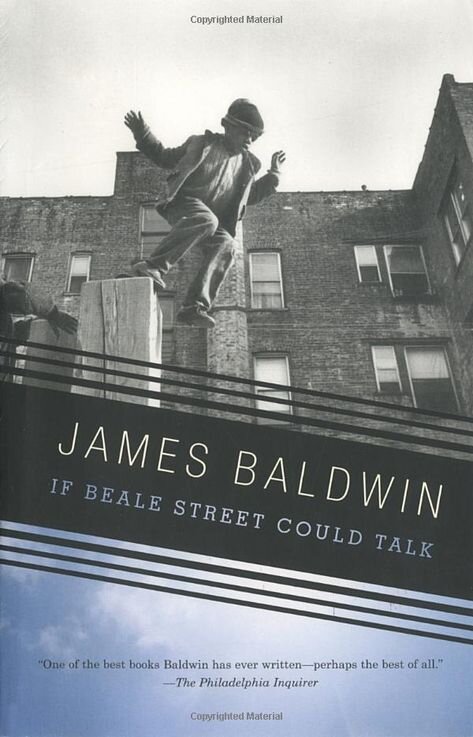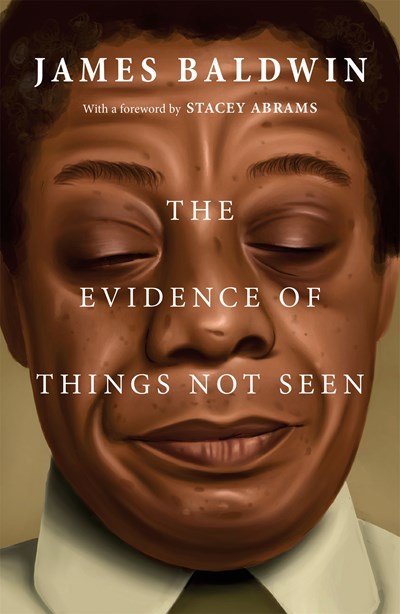The Evidence of Things Not Seen
Over twenty-two months in 1979 and 1981 nearly two dozen children were unspeakably murdered in Atlanta despite national attention and outcry; they were all Black. James Baldwin investigated these murders, the Black administration in Atlanta, and Wayne Williams, the Black man tried for the crimes. Because there was only evidence to convict Williams for the murders of two men, the children's cases were closed, offering no justice to the families or the country. Baldwin's incisive analysis implicates the failures of integration as the guilt party, arguing, "There could be no more devastating proof of this assault than the slaughter of the children."
As Stacey Abrams writes in her foreword, "The humanity of black children, of black men and women, of black lives, has ever been a conundrum for America. Forty years on, Baldwin's writing reminds us that we have never resolved the core query: Do black lives matter? Unequivocally, the moral answer is yes, but James Baldwin refuses such rhetorical comfort." In this, his last book, by excavating American race relations Baldwin exposes the hard-to-face ingrained issues and demands that we all reckon with them.
Over twenty-two months in 1979 and 1981 nearly two dozen children were unspeakably murdered in Atlanta despite national attention and outcry; they were all Black. James Baldwin investigated these murders, the Black administration in Atlanta, and Wayne Williams, the Black man tried for the crimes. Because there was only evidence to convict Williams for the murders of two men, the children's cases were closed, offering no justice to the families or the country. Baldwin's incisive analysis implicates the failures of integration as the guilt party, arguing, "There could be no more devastating proof of this assault than the slaughter of the children."
As Stacey Abrams writes in her foreword, "The humanity of black children, of black men and women, of black lives, has ever been a conundrum for America. Forty years on, Baldwin's writing reminds us that we have never resolved the core query: Do black lives matter? Unequivocally, the moral answer is yes, but James Baldwin refuses such rhetorical comfort." In this, his last book, by excavating American race relations Baldwin exposes the hard-to-face ingrained issues and demands that we all reckon with them.



Over twenty-two months in 1979 and 1981 nearly two dozen children were unspeakably murdered in Atlanta despite national attention and outcry; they were all Black. James Baldwin investigated these murders, the Black administration in Atlanta, and Wayne Williams, the Black man tried for the crimes. Because there was only evidence to convict Williams for the murders of two men, the children's cases were closed, offering no justice to the families or the country. Baldwin's incisive analysis implicates the failures of integration as the guilt party, arguing, "There could be no more devastating proof of this assault than the slaughter of the children."
As Stacey Abrams writes in her foreword, "The humanity of black children, of black men and women, of black lives, has ever been a conundrum for America. Forty years on, Baldwin's writing reminds us that we have never resolved the core query: Do black lives matter? Unequivocally, the moral answer is yes, but James Baldwin refuses such rhetorical comfort." In this, his last book, by excavating American race relations Baldwin exposes the hard-to-face ingrained issues and demands that we all reckon with them.



